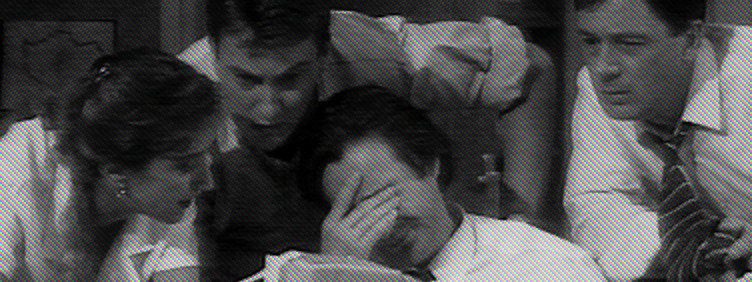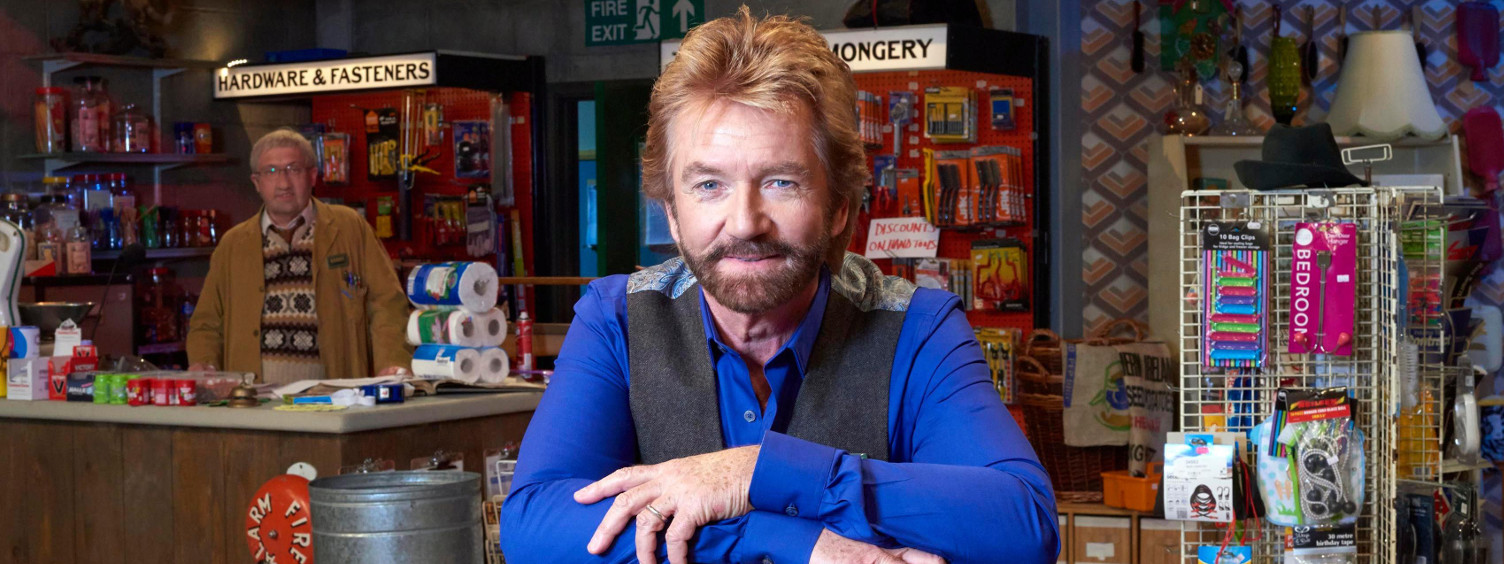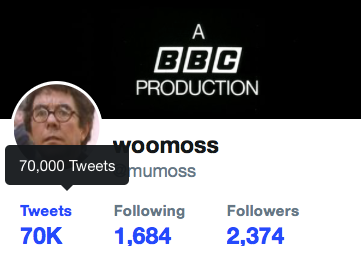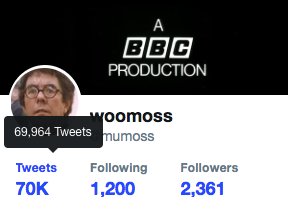Recently, I’ve been making my way through the excellent Adam Buxton podcast. And out of all the great jingles, funny stories, and debates about whether you should nick stuff from a hotel’s breakfast buffet, I want to talk about Twitter, like a boring twat.
Let’s focus then, on Episode 20 with Iain Lee from 20161, 26:36 in:
IAIN LEE: If I wasn’t doing this career, I would get rid of Twitter, but Twitter’s a really good tool for selling stuff, for selling, you know…
ADAM BUXTON: Yeah, is it? I don’t know.
IAIN LEE: Well it is… I think here, because this is a brand new radio station, you’re building an audience from nothing, so for me to say to 47,000 people: “I’m on tonight at 10 o’clock and I’ve got Adam Buxton on”, some of those people will listen.
ADAM BUXTON: But if you weren’t on Twitter, I just don’t believe it would really materially affect the way that your show went.
IAIN LEE: I’m going to bear that in mind, thank you for that.
ADAM BUXTON: I just don’t believe it. I really don’t. I mean, I’m sure it’s different if you’re sort of a pop star, or maybe if you’re younger, I don’t know.
IAIN LEE: That’s rude.2
ADAM BUXTON: But I often say at gigs: “Raise your hand if you’re here because I tweeted about this” – two, three hands go up.
IAIN LEE: But those three people, though… loud laughers.
ADAM BUXTON: I mean, they are amazing. They’re the best chaps in the audience.
Of course, Adam Buxton can only talk about his personal experiences, so that’s fine. I’m certainly not saying that he shouldn’t do that.
But here’s my experience. Right down here, when you’re not even remotely famous, I can say that the only way anybody knows about the stuff I write about on here is through Twitter. Looking through my stats, Twitter accounts for the vast majority of clicks I receive.
Take, for instance, my short piece about how I love the churn of television. It hasn’t spread in any particularly meaningful way. But a fair few people saw the link on twitter, liked it, retweeted it, and talked to me about it. My stats hardly went through the roof. But through Twitter, a fair few people read it and enjoyed it. That’s all I really expected from it.
Without Twitter, how would people know about it? I’m not on Facebook.3 Sure, there are potential replacements for Twitter, and stuff like forums, RSS, etc has never entirely gone away. But nothing has the reach and ease Twitter has. If I left Twitter, I’m fairly certain my stuff wouldn’t be read nearly as much.
I’m not obsessed with stats. I don’t care about scraping every single reader my way. Some articles I actually write almost entirely for myself. But for some pieces, “people read and enjoy my stuff” is nice to have.
Just because you have a certain profile, never forget how useful things like Twitter can be for others.
* * *
All the controversy last month to do with Jack Dorsey and Alex Jones – leading to Jones’ eventual banning – has weighed heavily on my mind. I’m not about to recount it all here; you probably know it all anyway. Click the links and read if you don’t, I’m not your mum.
Out of all of that nonsense, for me it was Dorsey going on The Sean Hannity Show to defend himself which seemed to me to indicate… shall we say, a lack of good faith. That would not have been my choice of outlet.
And I’ll admit it: through it all, I seriously thought about leaving Twitter. In the end I decided I couldn’t, for various reasons, but chief among them is what I talk about in the first part of this post. We can wax lyrical about RSS all we like – indeed, I’ve put some new, more obvious links to Dirty Feed’s RSS feed in the navbar – but it’s just not where my audience is, at least right now.
Still, it was fun watching people get outraged, say they were leaving Twitter, delete all their tweets… and then slowly crawl back. To take just one very prominent example: Matt Haughey made a big deal of leaving Twitter, and yet is still bloody tweeting.
I have a great deal of respect for anyone with the moral scruples to leave Twitter. But if you’ve announced that you’re going, then Just. Go. You don’t get to performatively leave the service and have people cheering you along… and then still get all the benefits of sticking around as well.
Just make a decision.
Read more about...
social media





